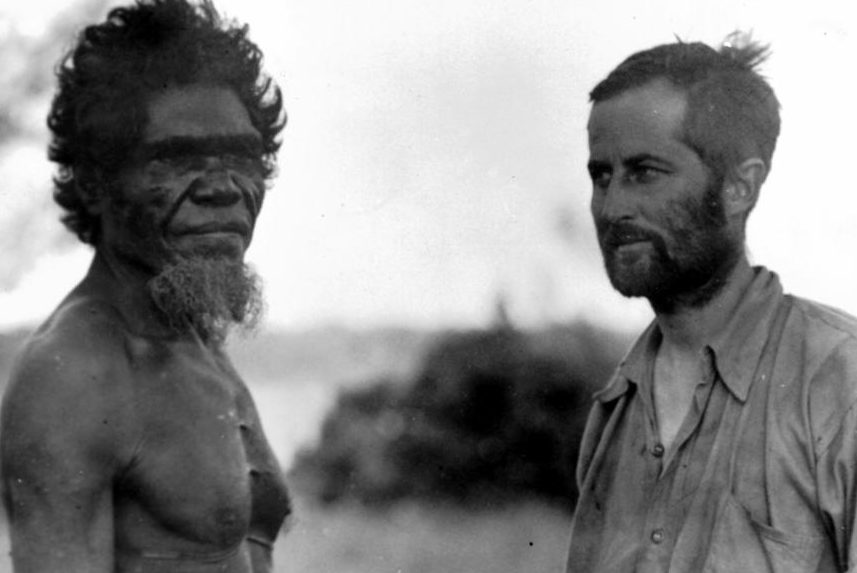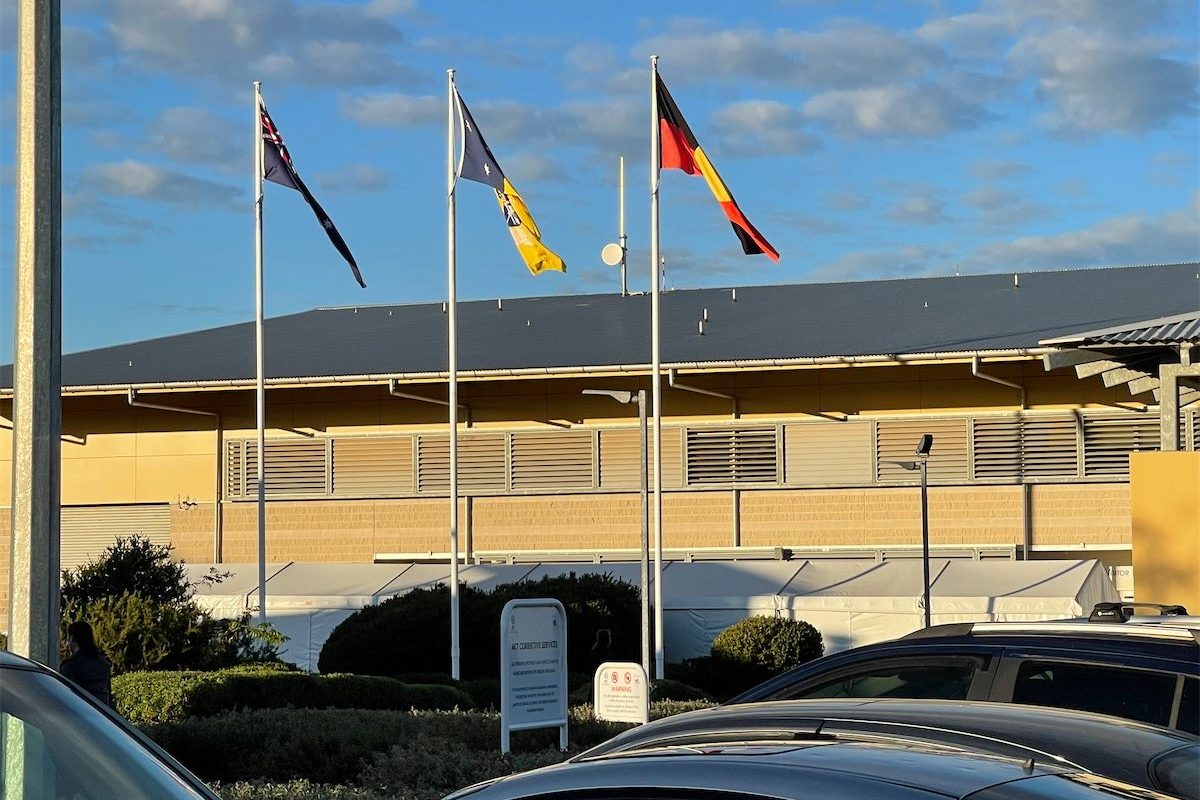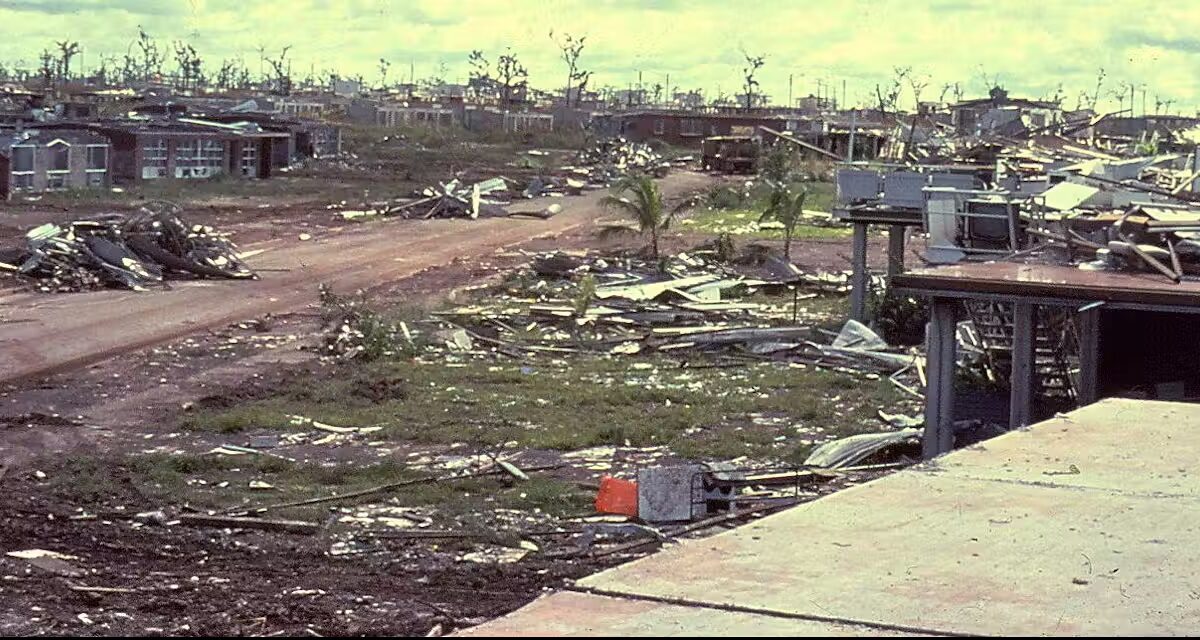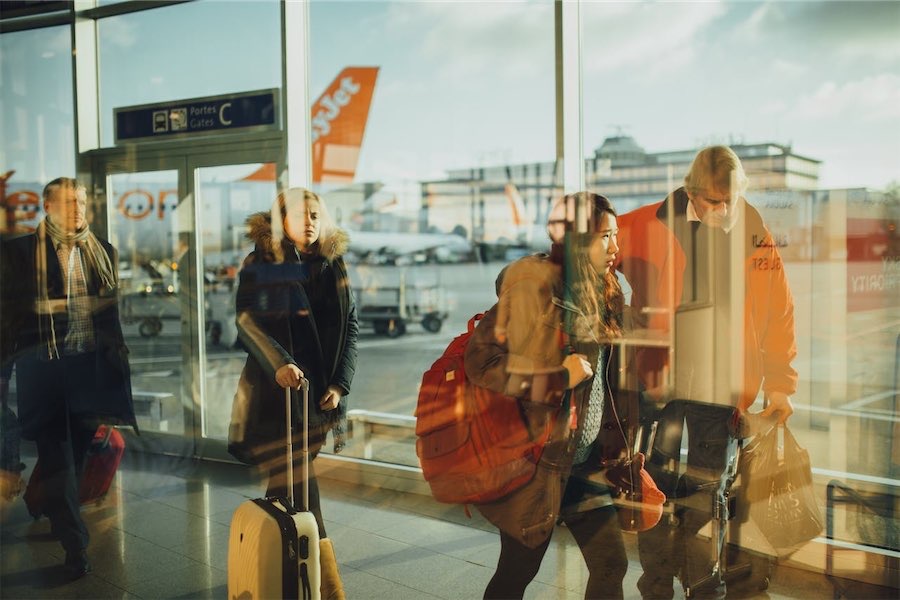
“It is Thomson, a whitefella whom the Aboriginal people said, ‘thought black’, who suffered from his own people the blows of hatred and prejudice that they knew so well,” writes ROBERT MACKLIN.
THE declaration by the prime minister-elect at the start of his victory speech: “I commit to the ‘Uluru Statement from the Heart’ in full”, was electrifying to many Australians.
It certainly sent a bolt of lightning through your columnist, in the midst of writing the biography of the scientist, journalist, adventurer and war hero, Donald Thomson who fought like no other of his era for the Aboriginal cause.
Born in 1901, he was our first home-grown anthropologist after graduating B.Sc. from Melbourne University and collecting the diploma of anthropology from the new department at Sydney Uni in 1927.
By then, the 1788 Aboriginal population of about 800,000 had been halved and halved again.
Only a percentage of those in the far north of Australia still lived the traditional life, but over the next 40 years he spent much of his time living with them in far-north Queensland, Arnhem Land and the central deserts. In doing so, he was able to appreciate like no other the engaging humanity and cultural sophistication of a truly remarkable people.
Invited to address the cabinet of the Lyons government of 1938, he bared his soul. “I am speaking not from hearsay, nor from any personal motive,” he told the 17 ministers around the table, “but from the hard experience of living with these people. And not just among them, but as no white man is ever known to have lived… in their camps, travelling with them, hunting with them, eating their food, attending their ceremonies, talking their language.
“I say this only to give force to my plea – to impress upon this government that I am speaking not so much as a white man, but rather as a friend and advocate of these people for whom I have great regard… and an infinite pity.”
In the great movement we are now embarked upon to embrace and honour the First Nations who had occupied the continent for at least 65,000 years, Thomson’s role has been largely overlooked.
Yet it was he who contributed in so many ways to the foundation from which the delegates to Uluru produced their historic “Statement from the Heart”.

It is Thomson, a whitefella whom the Aboriginal people said, “thought black”, who suffered from his own people the blows of hatred and prejudice that they knew so well. And while he died in 1970, as I have discovered in three years of research, he filled that life to the brim with more positive achievements than a dozen of his critics and antagonists… and to a triumphant climax.
Thomson’s insights and his tireless advocacy won him extraordinary international recognition, and all the glittering academic prizes of his profession. As recently as November 2021, the Federal Court returned more than 2000 square kilometres to the Aboriginal people based on his work on Queensland’s Cape York.
Indeed, 50 years before Eddie Mabo took his case to the High Court, Thomson was pleading with the government to recognise the Aboriginal people’s land rights.
The pandemic has been tough on those of us who write Australian history and other non-fiction works. Readers and publishers have turned to escapist fiction to ease the stress of life’s covid limitations. This was especially so under a government that scoffed at the simple reality that only by incorporating our unique Aboriginal past will we make Australia whole.
It is said that biographers must take care not to “fall in love” with their subjects. But when Anthony Albanese finished that stunning commitment, I must admit, while outwardly I was nodding sagely, inside I was shedding a shower of tears.
Who can be trusted?
In a world of spin and confusion, there’s never been a more important time to support independent journalism in Canberra.
If you trust our work online and want to enforce the power of independent voices, I invite you to make a small contribution.
Every dollar of support is invested back into our journalism to help keep citynews.com.au strong and free.
Thank you,
Ian Meikle, editor




Leave a Reply